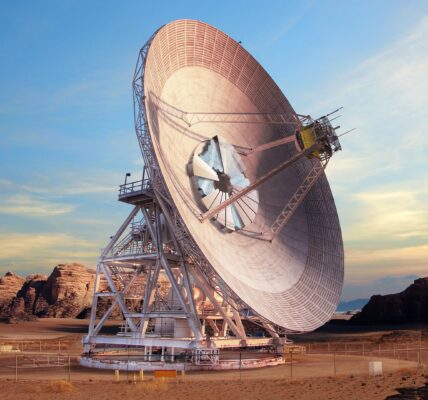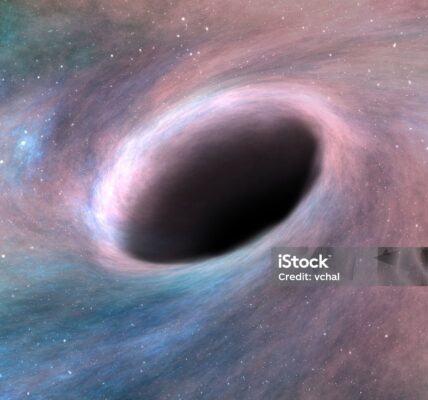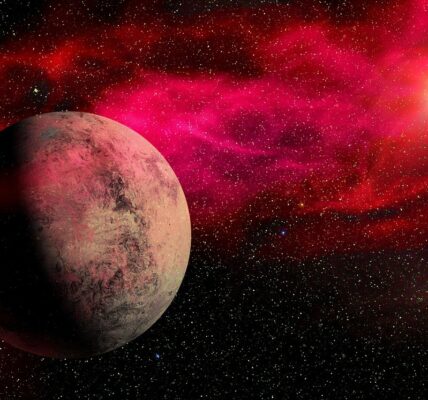Water on Asteroids: Unraveling the Solar System’s Secrets
Discover the groundbreaking revelation of water on asteroids and its implications for understanding the solar system’s history. Explore the significance of water on asteroids and how it shapes our understanding of planetary formation and the potential for life beyond Earth.
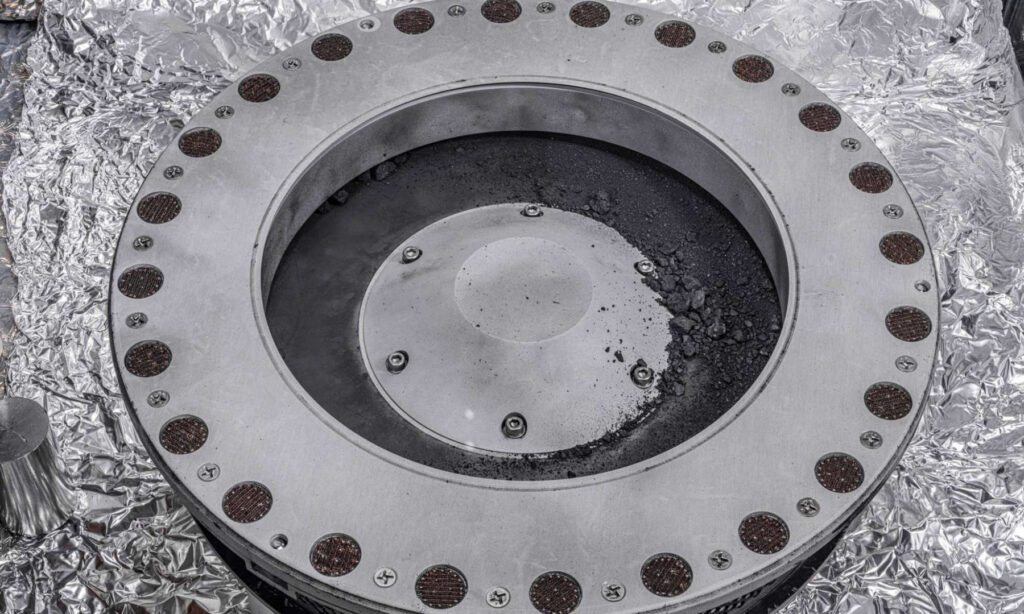
Have you ever imagined asteroids carrying water molecules through the vastness of space? It’s not just a sci-fi plot anymore. Scientists have recently made a groundbreaking discovery: water on asteroids. Let’s delve into this exciting revelation and understand its implications for our understanding of the solar system.
Asteroids have long fascinated astronomers. These rocky remnants from the early days of the solar system offer valuable clues about its formation. Among them, asteroids Iris and Massalia have emerged as key players in unraveling the mysteries of our cosmic neighborhood. With diameters of 124 and 84 miles respectively, these celestial bodies have now revealed a surprising secret: they harbor water molecules on their surfaces.
The presence of water on asteroids holds profound implications for our understanding of planetary formation and the origins of water on Earth. It challenges conventional wisdom and invites us to rethink the mechanisms that shaped our planet’s environment.
The discovery of water on asteroids was made possible through advanced technology, particularly the Stratospheric Observatory for Infrared Astronomy (Sofia). By analyzing the specific wavelengths of light reflected from the asteroids, astronomers detected the telltale signature of water molecules. This breakthrough opens new avenues for exploration and underscores the importance of cutting-edge instrumentation in unraveling the mysteries of the cosmos.
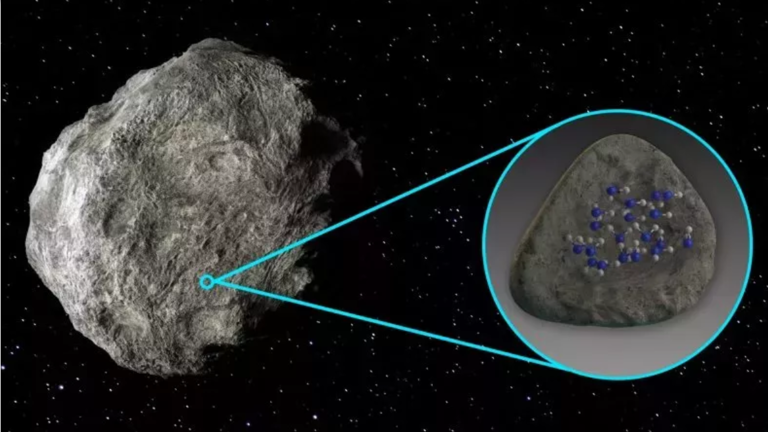
Why is water on asteroids such a big deal? For one, it sheds light on the origins of water on Earth. The prevailing hypothesis suggests that water was delivered to our planet by asteroids during its formative years. If true, this means that asteroids played a crucial role in shaping Earth’s environment and laying the foundation for life as we know it.
But the implications extend far beyond our own planet. Water is a universal solvent, essential for the emergence and sustenance of life. Its presence on asteroids raises tantalizing questions about the potential for life elsewhere in the solar system and beyond. Could other celestial bodies harbor water, paving the way for extraterrestrial life forms? It’s a question that continues to captivate the imagination of scientists and enthusiasts alike.
The discovery of water on asteroids also highlights the dynamic nature of the solar system. These ancient relics offer a glimpse into its turbulent past, where collisions and interactions shaped the landscape of our cosmic neighborhood. By studying the compositions of asteroids, scientists gain valuable insights into the processes that gave rise to the planets and other celestial bodies.
Looking ahead, researchers are eager to expand their exploration of water on asteroids. The James Webb Space Telescope, with its unparalleled precision and sensitivity, promises to unlock new discoveries in the realm of planetary science. By examining additional targets, scientists hope to paint a more comprehensive picture of water’s distribution in the solar system and its role in shaping planetary environments.
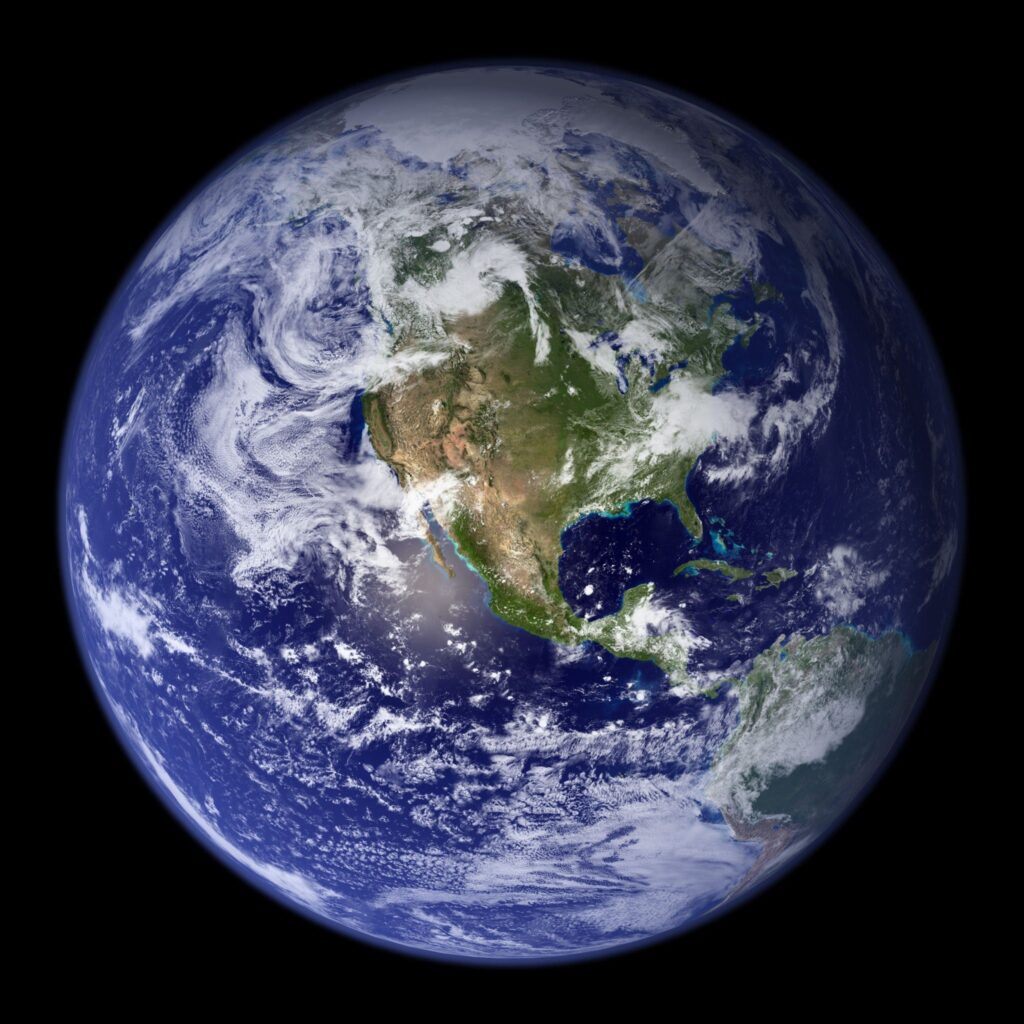
In conclusion, the discovery of water on asteroids represents a milestone in our quest to understand the solar system’s origins and evolution. It challenges existing paradigms and opens new frontiers of exploration. As we peer deeper into the cosmos, each revelation brings us closer to unraveling the timeless mysteries of our celestial home.
Water on asteroids—a seemingly simple discovery with profound implications. It reminds us of the boundless wonders that await us in the cosmos and the enduring quest for knowledge that drives humanity forward. As we gaze at the stars, let us marvel at the beauty and complexity of the universe, knowing that there are still countless secrets waiting to be uncovered.
